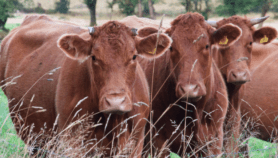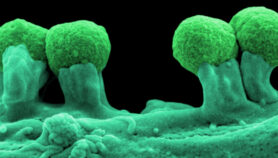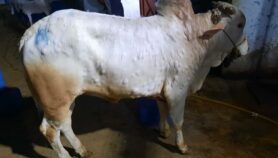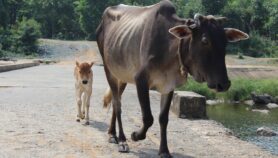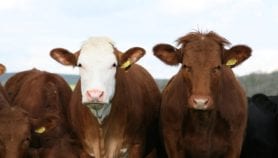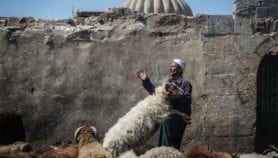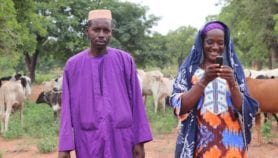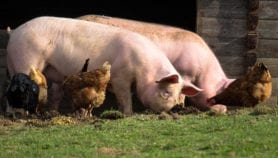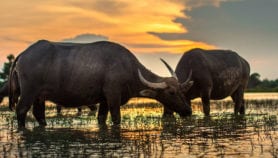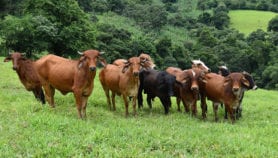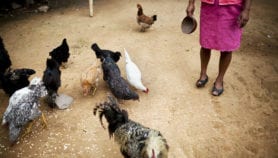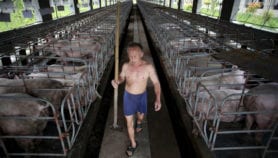By: Talent Ng’andwe
Send to a friend
The details you provide on this page will not be used to send unsolicited email, and will not be sold to a 3rd party. See privacy policy.
[LUSAKA] A project hoping to reverse desertification through 'holistic management' of livestock has been awarded US$100,000 prize in a global competition on sustainable practices.
By carefully planning the grazing of the cattle on fields, Operation Hope has reclaimed some 6,500 acres of grasslands at the Africa Center for Holistic Management, Zimbabwe — where the project is based — while increasing the livestock population by 400 per cent.
The project's efforts won first place in this year's Buckminster Fuller Challenge, an international design competition for projects that provide practical solutions to the world's most pressing problems such as water and food scarcity, and climate change.
Allan Savory, chairman of the Zimbabwe centre, said the project is currently being expanded to help other agro-pastoralists in Africa, with support from USAID's Office of Foreign Disaster Assistance.
The project hopes to eventually provide "permanent water and food security for Africa's impoverished millions".
'Holistic grazing planning' makes use of the movement and behaviour of the grazing animals to break up and fertilise dry soil, and also considers the needs of local people.
"To sustain healthy grasslands and savannas, and to reverse desertification, it is essential to maintain rapid biological decay of dying plant material, particularly the above-ground parts of the perennial grass that die every dry season," Savory told SciDev.Net.
John Thackara, director of Doors of Perception, a sustainable design organisation and a member of the jury for this year's prize, told SciDev.Net that Operation Hope has far wider implications than desertification alone; it contains the elements of a new approach to agriculture.
The Green Revolution was based on high-input industrial agriculture, and although it increased global food production, it has degraded its ecological base in the process, he said. "In Operation Hope we have the basis of a new 'Brown Revolution' based on the principles of permaculture: the regeneration of covered, organically-rich, biologically-thriving soil."
Vasilios Papanastasis, a rangeland ecologist at the Aristotle University, Greece, said: "I fully agree with this principle, which is also applicable in the Mediterranean rangelands where I am working. Large herbivorous animals and grazing are part of the environment that can be conserved by strategically adapting the grazing management."
But adaptive grazing cannot restore an irreversibly destroyed rangeland, which becomes a true desert, he added.
The runners up were Barefoot Women Solar Engineers of Africa, Asia and Latin America, a project based in Tiloni, India, that trains women in developing countries to electrify their remote villages by using solar panels.
The awards ceremony was held in Chicago, United States last month (2 June).


